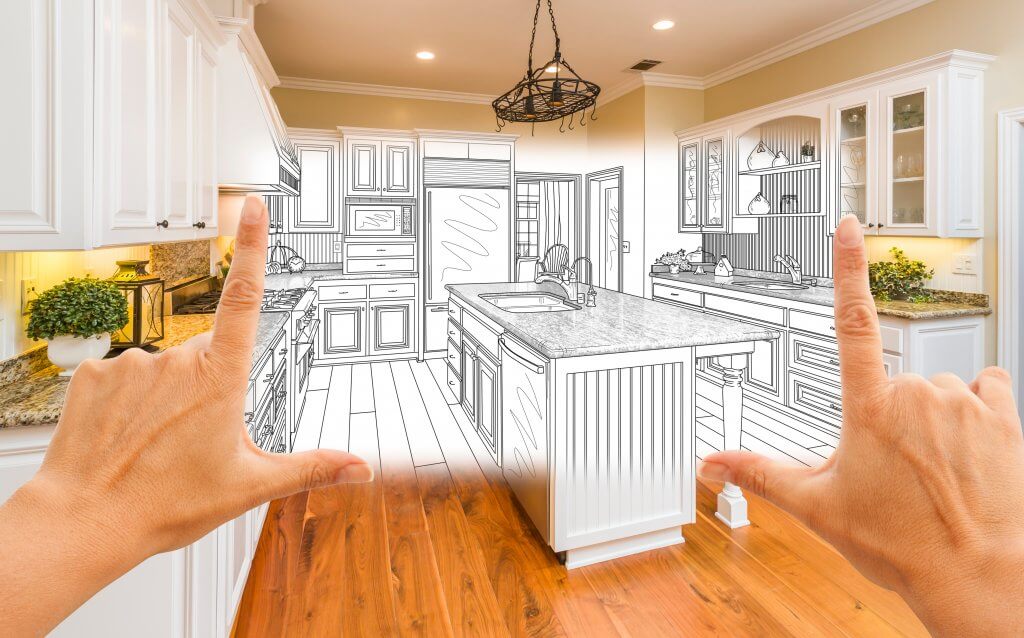April 30, 2024
Renovating a property can be an exciting endeavor, whether it’s a small home improvement project or a large-scale commercial renovation. However, amidst the anticipation of seeing your vision come to life, it’s essential not to overlook the critical aspect of contractual considerations. A well-structured contract not only clarifies the expectations of both parties but also serves as a legal safeguard in case of disputes or unforeseen circumstances. Here, we delve into the key contractual considerations for renovation projects to ensure a smooth and successful outcome.
- Clear Scope of Work: The foundation of any renovation contract lies in clearly defining the scope of work. This includes outlining the specific tasks to be performed, materials to be used, timelines for completion, and any other relevant details. Ambiguity in the scope of work can lead to misunderstandings and disputes down the line. Therefore, both parties must agree upon and document the scope of work in writing before commencing the project.
- Detailed Specifications: Alongside the scope of work, detailed specifications for materials, finishes, and construction methods are essential. These specifications should be as specific as possible to avoid any confusion or discrepancies. Including brands, models, quantities, and quality standards can help ensure that both parties are on the same page regarding expectations. Any deviations from the agreed specifications should be documented through change orders.
- Payment Terms: Clear payment terms are crucial to avoid payment disputes during the renovation project. This includes outlining the total contract price, payment schedule (such as deposits, progress payments, and final payment), and any penalties for late payments. Additionally, specifying the circumstances under which additional charges may apply, such as change orders or unforeseen circumstances, is essential to prevent misunderstandings.
- Timeline and Deadlines: Renovation projects often have strict deadlines, whether due to contractual obligations, tenant turnover schedules, or other factors. Therefore, it’s crucial to establish a realistic timeline for the project and include provisions for delays or extensions if necessary. Clearly defining milestones and completion dates can help keep the project on track and provide both parties with a framework for monitoring progress.
- Insurance and Liability: Renovation projects involve various risks, including property damage, injuries, and unforeseen delays. Both parties should have adequate insurance coverage to protect against these risks. The contract should specify each party’s insurance responsibilities, including liability insurance, workers’ compensation, and any other relevant coverage. Additionally, indemnification clauses can help allocate responsibility in the event of accidents or damages.
- Change Orders: Changes are inevitable in renovation projects, whether due to design revisions, unforeseen conditions, or client preferences. Therefore, the contract should include provisions for handling change orders, including the process for requesting changes, documenting approvals, and adjusting the contract price and timeline accordingly. Clear communication and documentation are key to managing changes effectively and avoiding disputes.
- Dispute Resolution: Despite the best efforts to prevent them, disputes may still arise during renovation projects. Therefore, it’s essential to include provisions for dispute resolution in the contract. This may involve methods such as negotiation, mediation, or arbitration to resolve disputes in a timely and cost-effective manner. Including a dispute resolution clause can provide both parties with peace of mind knowing that there is a mechanism in place to address any disagreements that may arise.
In conclusion, contractual considerations are a critical aspect of any renovation project, providing clarity, protection, and a framework for success. By addressing key elements such as scope of work, payment terms, timelines, insurance, and dispute resolution, both parties can minimize risks and ensure a smooth and successful outcome. Investing time and effort into crafting a comprehensive contract upfront can ultimately save time, money, and headaches throughout the renovation process.
Save time and minimize risk with the most trusted contracts in the construction industry – powered by AIA Contract Documents’ next-generation platform, Catina. Request a Demo Here.
AIA Contract Documents has provided this article for general informational purposes only. The information provided is not legal opinion or legal advice and does not create an attorney-client relationship of any kind. This article is also not intended to provide guidance as to how project parties should interpret their specific contracts or resolve contract disputes, as those decisions will need to be made in consultation with legal counsel, insurance counsel, and other professionals, and based upon a multitude of factors.

